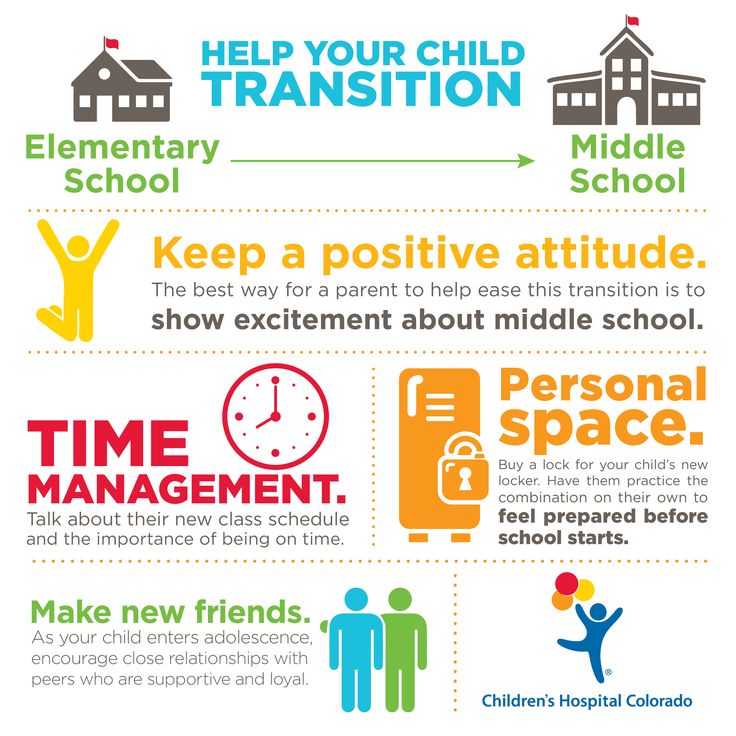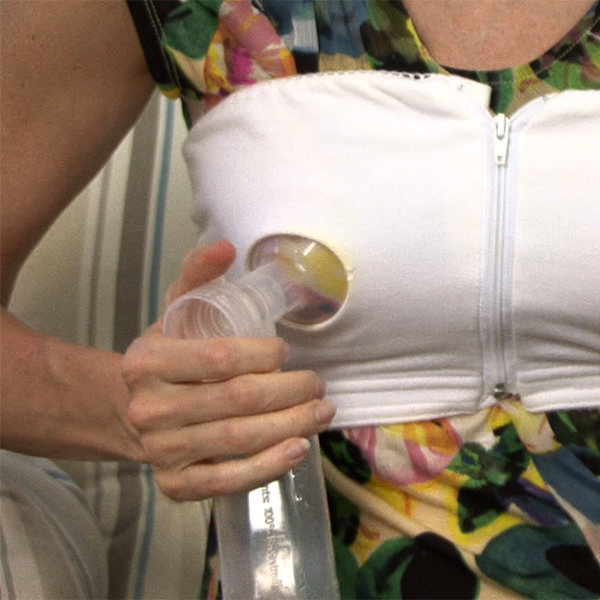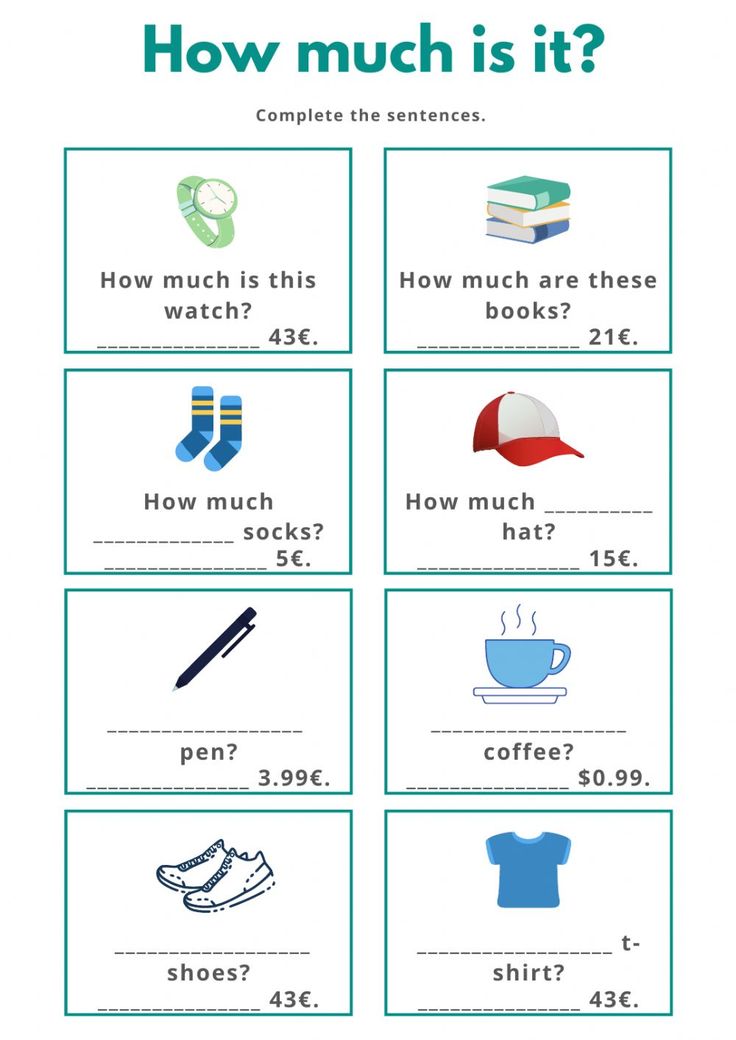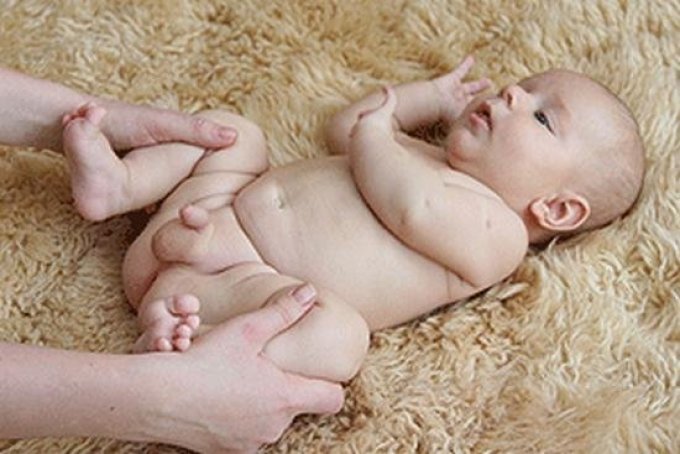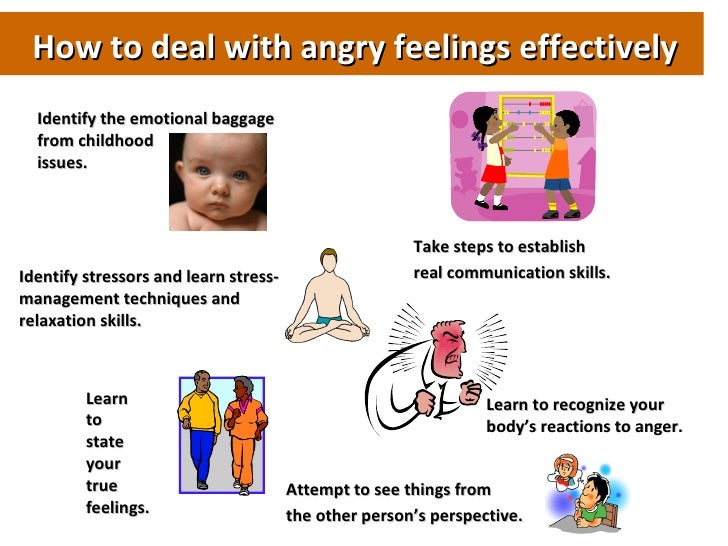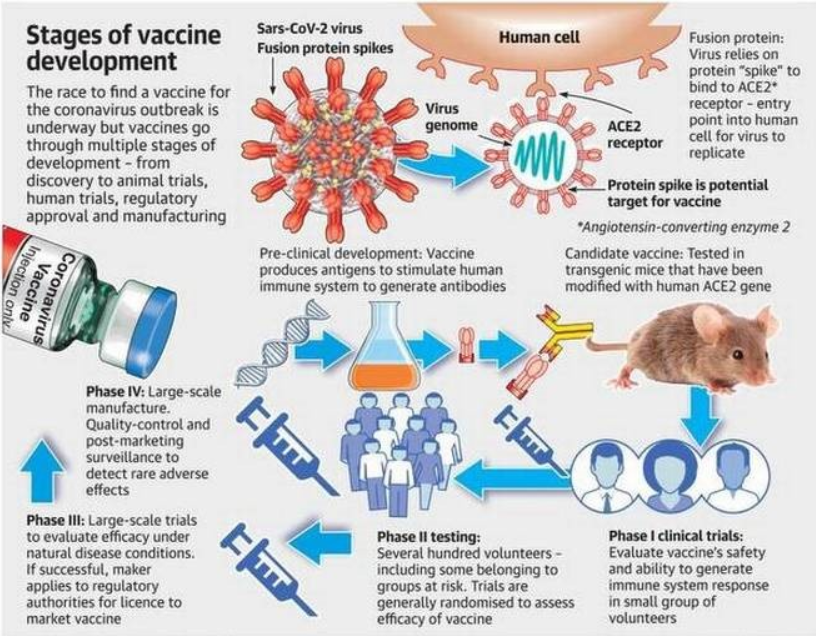How to help your child start talking
Help your baby learn to talk
0 to 6 months- Hold your baby close and look at them as you talk to them. Babies love faces and will watch you and respond as you talk.
- Chat about what you're doing as you feed, change and bathe them.
- Sing to your baby – this helps them tune in to the rhythm of language.
- Repeat the sounds your baby makes back to them – this teaches your baby lessons about listening and taking turns in a conversation.
- Talk in a sing-song voice – this helps to keep your baby's attention.
- Name and point to things you can both see, for example, "Look, a cat". This will help your baby learn words and, in time, they'll start to copy you. As your baby gets older, add more detail, such as, "Look, a black cat".
- Start looking at books with your baby – you do not have to read the words on the page, just talk about what you can see.
- Only offer a dummy when it's time for sleep. It's hard to learn to talk with a dummy in your mouth. Aim to stop using dummies completely by 12 months.
- Play games like "peek-a-boo" and "round and round the garden". This teaches your baby important skills like taking turns, paying attention and listening.
- If your child is trying to say a word but gets it wrong, say the word properly. For example, if they point to a cat and say "Ca!" you should respond with, "Yes, it's a cat". Do not criticise or tell them off for getting the word wrong.
- Increase your child's vocabulary by giving them choices, such as, "Do you want an apple or a banana?".
- Toys and books that make a noise will help your child's listening skills.
- Enjoy singing nursery rhymes and songs together as your baby grows, especially those with actions, such as "Pat-a-cake", "Row, row, row your boat" and "Wind the bobbin up".
 Doing the actions helps your child to remember the words.
Doing the actions helps your child to remember the words.
- Repeat words, for example, "Where are your shoes?", "Are you wearing blue shoes today?" and "Let's put your shoes on". Repetition helps your child to remember words.
- Use simple instructions – your child will understand some instructions at this age, such as "Get your coat" or '"Shut the door". Keeping instructions short and simple will help your child understand.
- Try asking "Where's your..." – ask your child to point to their ear, nose, foot, and so on.
- Limit your child's daily TV time to no more than 30 minutes for children younger than 24 months. Playing and listening to stories is more helpful when they're learning to talk.
- Help them build sentences – your child will start to put simple sentences together at around age 2. Try to reply using sentences that are a few words longer.
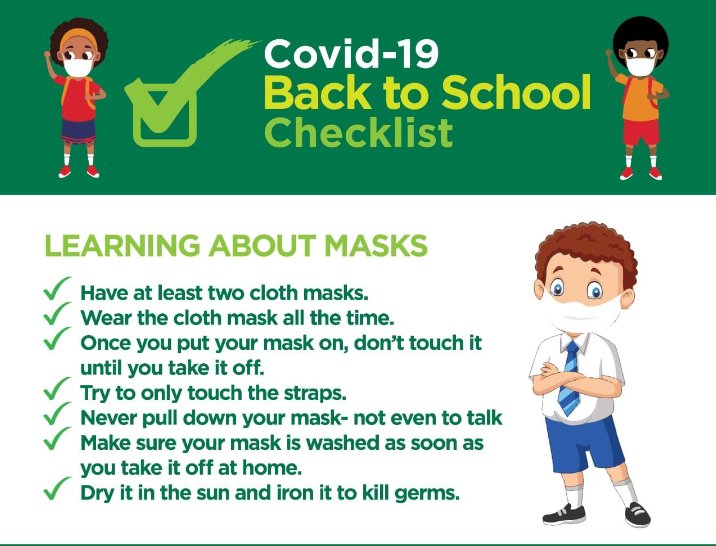 For example, if they say, "sock off", respond with "yes, we're taking your sock off".
For example, if they say, "sock off", respond with "yes, we're taking your sock off". - Get your child's attention by saying their name at the start of a sentence. If you ask a question, give them plenty of time to answer you.
- Teach them about words that go together – for example, you could show them a ball, teddy and a rattle and then say the word ‘toy’.
- Start using sounds with meaning (symbolic sounds), like saying "whoops" or "uh-oh" when you drop something accidentally, or saying "meow" while showing them a picture of a cat.
- Switch off the television and radio – background noise makes it harder for your child to listen to you.
- Talk as you clean – children this age love to help. Chat about what you're doing as you do chores like shopping, cooking and cleaning together.
The I Can website has more information about stages of speech and language development at different ages.
Think your child may have a speech or language problem?If you're worried about your child's speech or language development, talk to your GP or health visitor.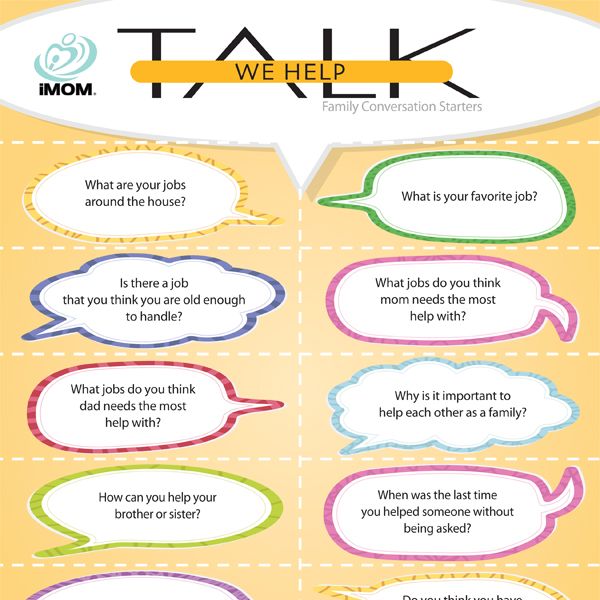 If necessary, they will refer your child to your local speech and language therapy department.
If necessary, they will refer your child to your local speech and language therapy department.
If you prefer, you can refer your child to a speech and language therapist yourself.
The I Can website has answers to common questions about speech and language assessments and also information about the assessment services it offers.
How to help your bilingual childLots of children grow up in a family where more than one language is spoken. This can be an advantage to children in their learning. Knowing another language will help the development of their English.
The important thing is to talk to your child in whatever language feels comfortable to you. This may mean that one parent uses one language, while the other uses a different language. Children adapt to this very well.
Video: when will my child start talking? (12 to 30 months)
In this video, a health visitor talks about when you should expect your child to start talking.
Media last reviewed: 17 August 2020
Media review due: 17 August 2023
Page last reviewed: 30 April 2020
Next review due: 30 April 2023
How to Get My Toddler to Talk (5 Ways to Speed the Process)
As your baby approaches toddlerhood, there are many stages of development to look forward to, such as walking and talking. But, not all toddlers are early talkers which can be worrying for parents who wonder if something is wrong.
“How to get my toddler to talk?” is a common question parents ask themselves. Getting your little one to talk isn’t going to happen overnight — it requires patience and consistency.
First, let’s discuss what speech milestones are expected in toddlers. By the first birthday, most one-year-olds can say two words consistently. In most cases, these words are “mama” and “dada.’
At 15 months, another word or two are added. There should also be lots of proto-declarative pointing: pointing at an object and vocalizing a sound. Most 18-month-olds can say at least 6 words and will begin to repeat others.
Most 18-month-olds can say at least 6 words and will begin to repeat others.
They may also recognize and can point to a few body parts. Language skills really advance between 18 months and 2 years of age. A two-year-old should say several two-word phrases and about 50 single words.
There will also be lots of sounds that seem like conversations but are unintelligible. This is called jargoning. By the age of 3, your toddler should begin to say 3-word sentences and have short conversations. Speech clarity should progress from 70% at age 3 to 100% by age 5 (1).
Table of Contents
- How to Get My Toddler to Talk
- What Is a Late Talker?
- How Common Are Late Talkers?
- When to See a Specialist
- What About Bilingual Toddlers?
- Babble, Babble
How to Get My Toddler to Talk
1. Create Talking Opportunities
You have countless ways to create talking opportunities which will encourage your toddler to begin speaking. These opportunities usually arise when your child wants something.
These opportunities usually arise when your child wants something.
To get the ball rolling, you could place a favorite toy out of reach. Wait for your child to see it, and then let them ask for it.
If your toddler begins to point rather than talk, say, “Do you want the red car? Here is the red car.” This will help them understand how to use their communication and speaking skills to ask for help.
Another way is to predict what your toddler is looking for and then, again, place it out of reach. If it’s snack time, and they generally want a yogurt, then wait until they ask for it.
When walking around your home, try to rearrange some of your toddler’s toys. Place the items on the table or shelves — keep them within toddler-eye level, so they can spot them. Then wait for your little one to ask for it.
If you have puzzles or a Mr. Potato Head, which is excellent for teaching body parts, you should wait to hand them the pieces until they ask. Repeat what your toddler says or is trying to say.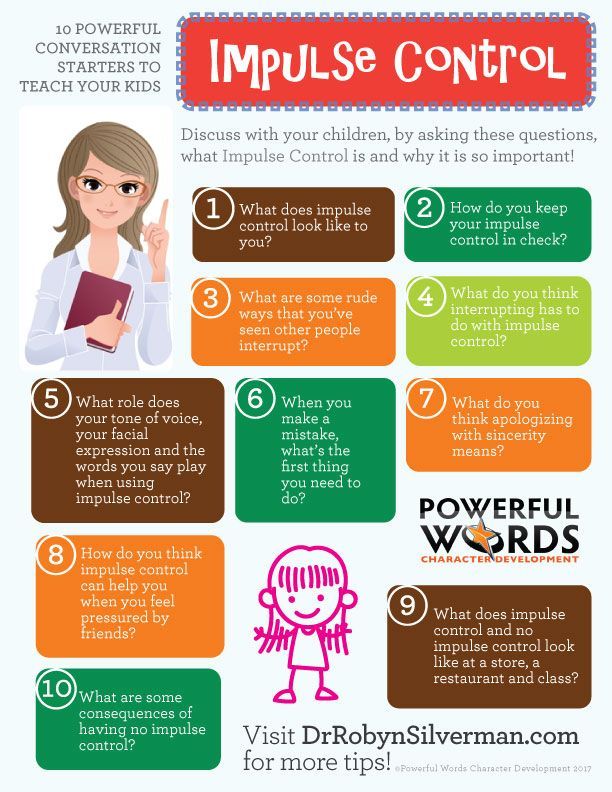
One of our favorite games is to play the forgetful parent. This works wonders at subtly engaging toddlers while boosting their confidence when they remember something.
During a routine, such as getting dressed, do something out of order, or feign forgetfulness. Forget to put on their pants and go straight to socks and shoes.
Let your toddler catch your mistake and then offer praise like, “Yes, pants do come before shoes. Good job.”
If your toddler doesn’t catch it, you can subtly point out your mistake. Say something like, “Oh, where are your pants? Did Mommy forget?” Your toddler will love playing this.
2. Work to Expand Language Skills
When trying to expand your toddler’s language skills, you should always focus on reaching the next level. Don’t try to skip ahead and teach your little one something that’s too complicated, but also avoid going backward.
Many toddlers talk or communicate using only a few words. Your aim is to increase their vocabulary gradually.
While doing this, always listen to your child and follow their lead. Skipping to something too complicated will not keep them engaged or encouraged even to try. Remember, fun is the best way to learn.
Language comes naturally to almost all children, but progress will be helped if you utilize topics they’re interested in. Does your child love animals? Talk about animals you see in real life or those you spot in books.
Listen and observe as your little one is trying to communicate. We’ve included a few strategies you can follow:
Make Words Bigger
As a toddler, your child will probably be able to say a few words. So, an excellent place to start is by adding more words to what they say.
Let’s say they hand you a toy car and say the word “car.” Then give it back and say, “Yes, a car, a big, blue car. It goes vroom vroom.”
Take whatever your child is giving you, and increase it slightly before handing it back. This is a strategy you can use from an early age, even if your little one isn’t talking yet.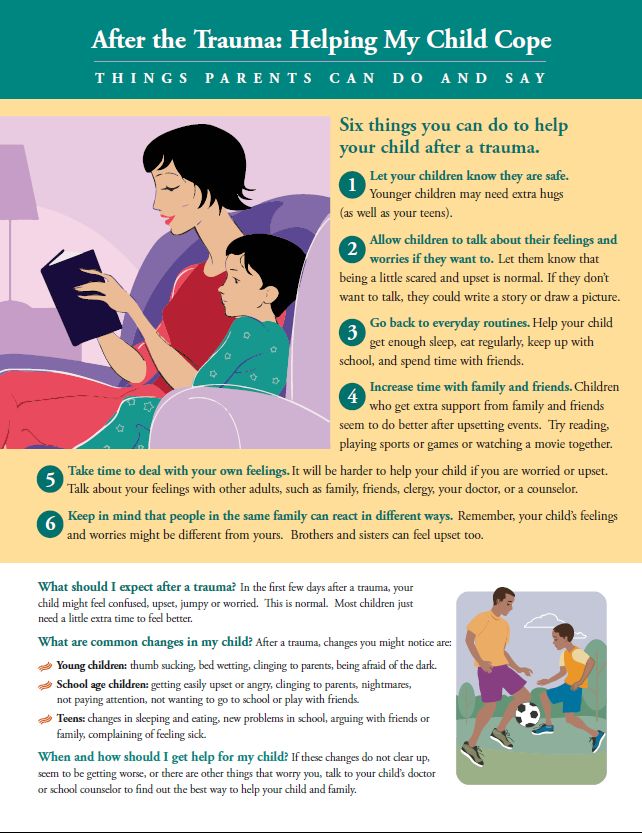
If pointing to a ball, say, “Ball! That is a big ball.” Use small words that can be understood and imitated.
Imitate
When your toddler is trying to say a word, use what they’re giving you and imitate it. It’s similar to what you do when babies babble. You imitate their sounds and words, showing them that they’re being heard.
In turn, your toddler will begin to imitate you and your words, thus expanding their language skills.
Describe and Comment
Be the sportscaster during playtime — narrate and describe what your toddler is doing. If they are playing with a ball, say, “You are bouncing the ball — up and down it goes.” Stress determiners and pronouns to help with grammar.
Help your child get organized by making suggestions. If your child likes playing with farm animals, suggest placing the sheep in the barn.
This will kickstart their thinking, giving them a new perspective to consider. But remember to follow their cues — don’t become the director of the play.
Eliminate Negativity and Testing
Toddlers are still learning, so if you continue to meet their efforts with negativity, they’ll eventually stop trying. Expand their words instead of saying that it’s wrong.
If your toddler pronounces the word “elephant” wrong, turn it around and repeat in the affirmative, “Yes, elephant.” That’s more helpful than saying negatively, “No, elephant.”
By doing this, you’re correcting without being too blunt.
You should also try to limit testing. If you and your toddler are playing, avoid continuously asking what the different toys are called. Repeatedly testing them, particularly during play, can get annoying and disturb the fun.
Label Your Praise
“Good job” is easy to say, but it’s best to be specific. Label your praise, saying things like, “Good job packing all your toys away.” This reinforces the good things they do, encouraging good behavior.
As your toddler expands their vocabulary, expand your praise.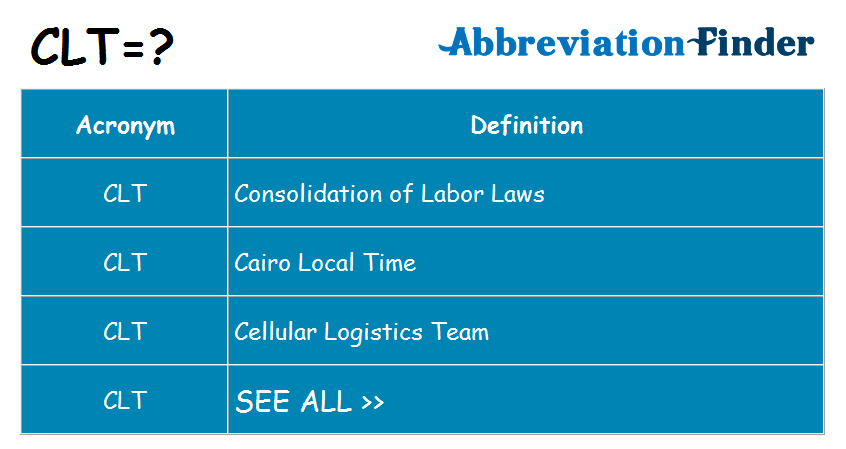 Instead of saying, “Good job,” use “Nice job saying please” or “Nice job saying thank you.” You’re also helping to create a positive feeling surrounding communication, motivating them to keep trying and adding more words.
Instead of saying, “Good job,” use “Nice job saying please” or “Nice job saying thank you.” You’re also helping to create a positive feeling surrounding communication, motivating them to keep trying and adding more words.
Remember Turn-Taking
Most of us are guilty of always taking charge of situations with our toddlers. However, it’s essential to give them a turn whenever possible. It’s a fantastic way to exercise communication skills, even if it doesn’t involve talking.
Let’s say your little one looks to you if they need help with something, like opening a juice box. Ask your child, “Do you need help opening the box?” Then wait until they hand it to you, thus taking a turn.
Be Quick to Respond
While your toddler is learning to talk, it’s essential to show the importance of communication. Being quick to respond is a great way to do that.
Responding immediately, to both words and gestures, can help your child develop and model more advanced language skills.
3. Keep a Diary
A fantastic way to track progress is by keeping a diary. Take note of words your child uses or gestures to communicate. It could be that they move away from unwanted things, they don’t want or shake their head.
Communicative gestures are a crucial part of learning how to talk. Your toddler must associate the words with their respective action, such as by greeting or saying goodbye, we wave or shake hands.
Continue writing down what has been accomplished and then build on that. Having a diary is also helpful if your toddler needs to see a specialist.
4. Do 30 Minutes Every Day
Although your toddler will build on their language skills throughout the day, find 30 minutes where you both can concentrate on play that’s focused on expanding words.
5. Read Together
Reading with toddlers to get them to talk is different than reading a story at bedtime. Here, you want them looking at the book with you. On each page, point to the pictures, ask questions and help them describe.
Although it may seem odd to read books to an infant or toddler at such a young age, it actually stimulates the understanding of language. Research shows that the speech and language skills of children who are read to far exceeds that of children who have limited exposure (2).
Editor's Note:
Dr. Leah Alexander, MD, FAAP
What Is a Late Talker?
Children who can comprehend what you’re saying, but have a limited expressive vocabulary between 18 and 35 months are considered late talkers (3).
A child’s expressive vocabulary is based on the words they use, not the way they pronounce them. They may say words or phrases like, “birdie,” “look, mama,” “mama gone,” and so on (4).
This is different from comprehension, which indicates what your child understands.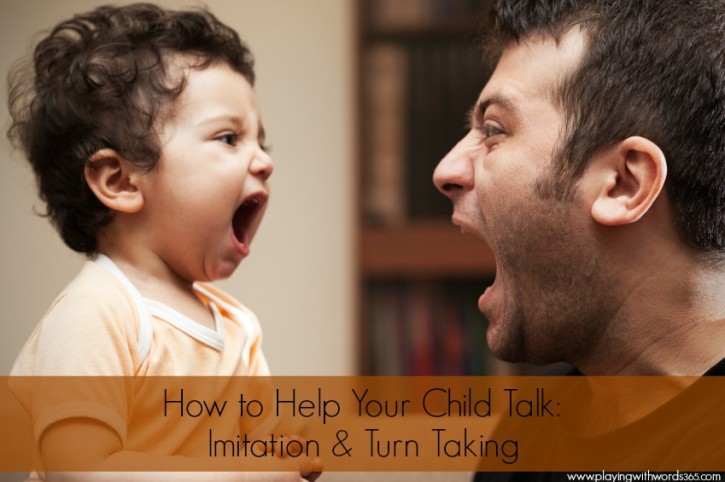 Your child may not be able to say the word “shoes,” but if you ask them to get their shoes without pointing or gesturing, they understand what you mean.
Your child may not be able to say the word “shoes,” but if you ask them to get their shoes without pointing or gesturing, they understand what you mean.
Another determining factor of a late talker is whether or not there are delays in other developmental areas like walking and playing.
If a toddler also shows delayed development in these areas, a pediatrician will look for conditions like hearing issues or autism (5).
When I see patients with speech delay, my first recommendation is to have a hearing evaluation. If hearing is impaired, toddlers cannot learn and imitate language sounds properly. Because most toddlers are developmentally unable to do the same hearing tests as older children, I typically refer them to an audiologist or otolaryngologist for a more age-appropriate test. Depending on the test results, hearing devices and/or speech therapy may be necessary.
As for signs of autism, I typically see more than just delayed speech.
There are often repetitive behaviors, or the child is easily upset by very minor things. If autism is suspected, an evaluation by a developmental pediatrician is helpful (6).
Editor's Note:
Dr. Leah Alexander, MD, FAAP
When Should Babies Talk?
Babies usually express their first word any time between 8 and 15 months of age. It depends significantly on what you do to expand their language and how often you do it.
Children will probably make slow progress at first. Once they reach 18 months, they should learn approximately ten new words every month going forward (7).
The expansion of their vocabulary speeds up around 17 to 20 months of age. They’re approaching the 50-word mark, and you can expect new words every day.
However, remember that numbers don’t always count — every child is different and learns at their own speed. Focus on how the words are used. Communication is the key skill to look for.
How Common Are Late Talkers?
Being a late talker is somewhat common. Estimations suggest that approximately one out of five children are late talkers (8). Interestingly, another study showed that boys are more likely to experience delays than girls (9).
Don’t get too worried — many children are late bloomers and will catch up (10).
Still, avoid brushing their delays off, and crossing your fingers that they’ll grow out of it. If you have any concerns, seek help.
When to See a Specialist
You should consult a speech-language pathologist (SLP) if:
- Your toddler is 20 months and uses less than 20 words, like nouns or names, verbs, adjectives, describing or social words.
- At 24 months, your toddler isn’t using at least 50 words and combining two or more.
- If you’re feeling worried — it’s best to identify a problem early on.
What About Bilingual Toddlers?
Bilingual is when a person speaks more than one language fluently.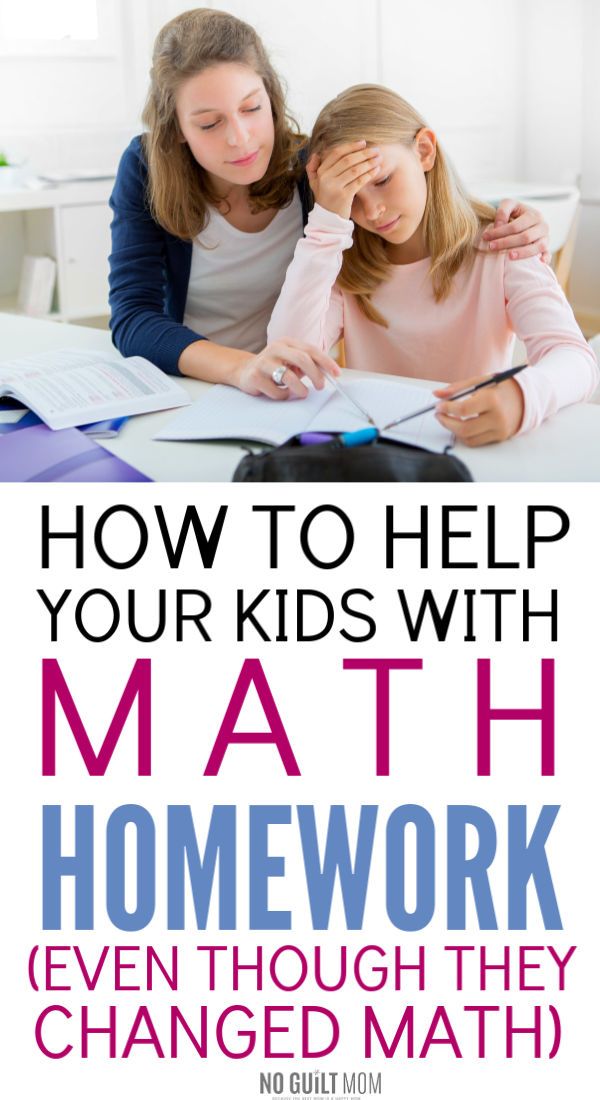 It’s becoming more common for parents to introduce several languages to their children from a young age. Although there isn’t much research on the topic, speaking more than one language won’t cause delays (11).
It’s becoming more common for parents to introduce several languages to their children from a young age. Although there isn’t much research on the topic, speaking more than one language won’t cause delays (11).
Some of my parents of bilingual toddlers express concern about delayed speech. I reassure them that the “total number of words” at their developmental stage is more important than which words are spoken in each language. Most toddlers adapt well to learning more than one language. They even seem to know the correct language to speak for different people. For example, if the parents speak English and a grandparent speaks Spanish, the child will only speak Spanish to this grandparent (12).
Editor's Note:
Dr. Leah Alexander, MD, FAAP
What does affect your child’s language skills? The amount of input and the opportunities to use their vocabulary. It’s essential, however, to try to profile the different languages and who your child speaks them with.
It’s essential, however, to try to profile the different languages and who your child speaks them with.
Don’t compare yourself or your toddler to other bilingual families. Everyone is different, and your child may not get enough exposure to your minority language. Your child will get there, but if you’re worried, seek help.
Don’t Lose A Language
If your toddler is a late talker and the speech therapist suggests you drop a language, politely decline. Being bilingual is an immense benefit, and it’s not the cause of delays.
Babble, Babble
The toddler years are great fun, as your little one begins to walk and can communicate with you. But it’s easy to worry when your child doesn’t develop according to your parenting book on milestones.
One milestone is talking — by 18 months, they’re expected to know ten words — talk about pressure.
Many parents ask, “How do I get my toddler to talk?” There are many ways to do that, but the best is to simply be around them. Take the words said to you, and exaggerate, expand, and build on them.
Take the words said to you, and exaggerate, expand, and build on them.
Being a late talker is relatively common, so don’t worry if other children talk before yours — every child is different. You can always consult a speech-language pathologist or your pediatrician for guidance if you have concerns.
Feedback: Was This Article Helpful?
Thank You For Your Feedback!
Thank You For Your Feedback!
What Did You Like?
What Went Wrong?
How to help a child to speak and whether it is necessary to do it at all
“When will my child speak? I (or anyone) at this age already played poems, songs, and "A Midsummer Night's Dream" in roles! You look at other children, at yourself in your memories, you see instagrams, where cute curly kids give out day after day what Chukovsky could not even dream of. And you are getting more and more nervous every minute: when already, when, what is wrong with him? Did you recognize yourself? Sit back, we've been through this too.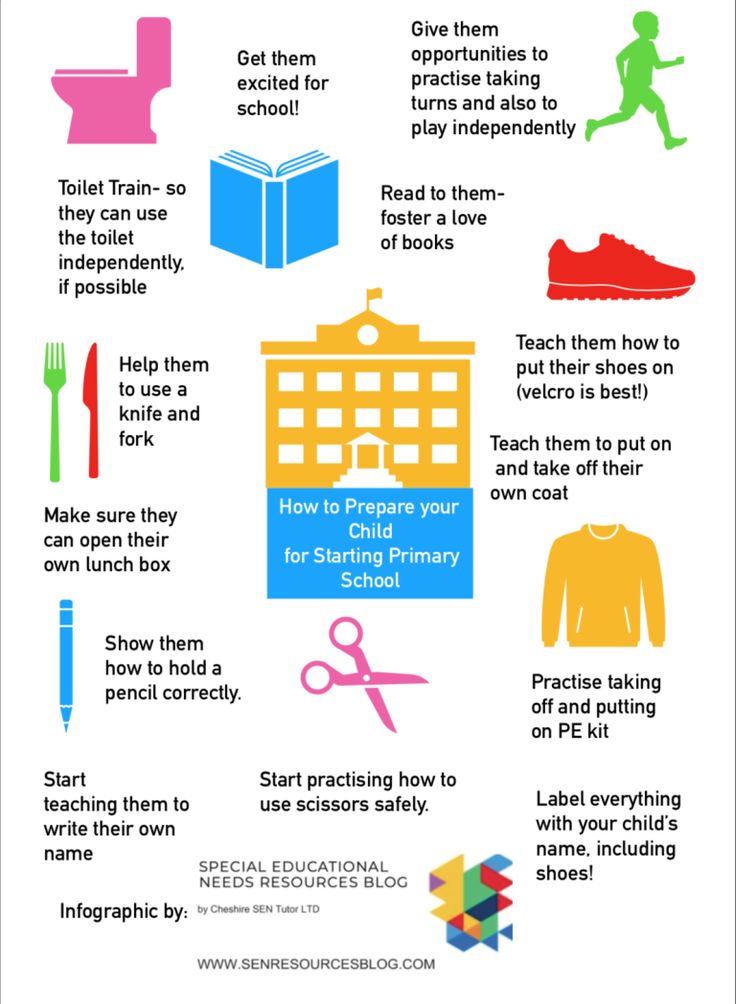 nine0003
nine0003
Of course, it would be a good idea to show the child to a good neurologist or speech therapist. But we are all afraid of the terrible verdict "delayed speech development", as we are afraid of any childhood illness or deviation. Because we don't know what to do with it. The most perfect mechanism suddenly fails - panic!
Calmness, only calmness
First, you need to force yourself not to panic and, in general, worry less about this topic. Yes, it's very, very difficult. Yes, I want to quickly hear how your baby is chatting. Yes, I want to talk to him in your language, I want to share it with family and friends. Yes, all this is even more frustrating, but the simple truth is that the mother's worries and obsession with speech are unlikely to help the child speak. On the contrary, in extreme cases, the effect can be the opposite: on the basis of their own disorders, the mother can get carried away with “developers” and not notice how the games turn into pressure on the child, thus slowing down the development of speech.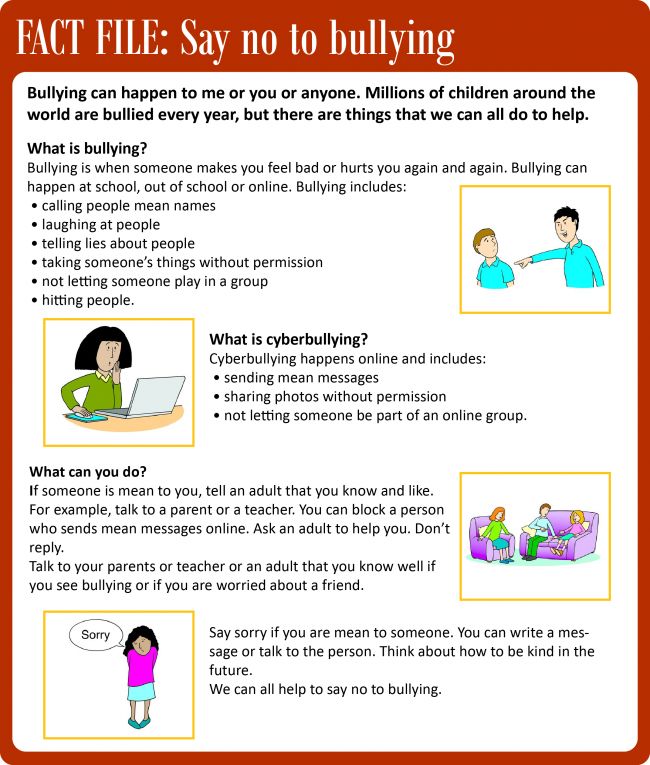 nine0003
nine0003
In itself, speech delay is not terrible - each child develops according to his own schedule
Even the standards adopted by doctors have an error of three to six months (this is only for one child, but the standards themselves often differ from each other). Why not longer, is this time fixed? As well-known neuroscientists Sandra Amondt and Sam Wong write in their book Secrets of Your Child's Brain, the fact is that in young children, neural connections in the brain responsible for certain functions develop rapidly. Therefore, this period of time - a quarter or a half of a year at the age of three years - is actually a huge period. And for sure the structure has already been built, but has not yet manifested itself. Or just the opposite - there are some violations, and they need to be caught right now, before it's too late. nine0003
Therefore, watch. Observe the child's behavior, for its changes. By the way, this is a great way to drown out feelings - write down daily events and entertainment in a notebook. Something like a diary. Observations will help to see the dynamics or lack thereof. You may be surprised to see that two Mondays ago "where" was just a sound, and today there are already two "where" - for people and for hidden objects, and they are completely different phonetically. By the way, this is already a speech. nine0003
Something like a diary. Observations will help to see the dynamics or lack thereof. You may be surprised to see that two Mondays ago "where" was just a sound, and today there are already two "where" - for people and for hidden objects, and they are completely different phonetically. By the way, this is already a speech. nine0003
How to recognize speech disorders in a child in time
In addition, it will finally become clear how much a child learns, and that even in one day there is a series of small breakthroughs and leaps. This applies not only to words, but also to actions, the degree of understanding and memorization, emotions and their expression, and even “minor household duties” that you didn’t plan to teach your child, but one morning, while you are making him porridge, he takes and makes you coffee.
The bottom line is that a lag in speech always goes hand in hand with lags in motor - and in particular - in fine motor development
“The age at which a baby begins to speak is determined by the maturation of those parts of the brain that control movement.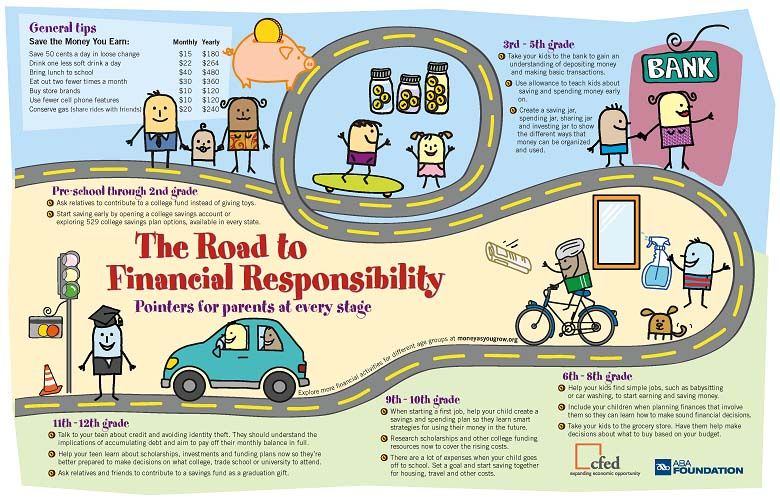 Producing meaningful and intelligible sounds requires fairly complex motor skills and considerable practice,” explain Amondt and Wong. Therefore, if there are problems in speech, then they certainly exist in some other segment of development, and they are just as striking as the inability (here we are talking about the inability, not the unwillingness) to express one's thoughts in words. nine0003
Producing meaningful and intelligible sounds requires fairly complex motor skills and considerable practice,” explain Amondt and Wong. Therefore, if there are problems in speech, then they certainly exist in some other segment of development, and they are just as striking as the inability (here we are talking about the inability, not the unwillingness) to express one's thoughts in words. nine0003
Let talking koloboks stay in stores
Multifunctional miracle toys, robots that teach you to speak, cards with single-root words - all this, to put it mildly, has nothing to do with the development of speech. But this does not mean that the child does not need or there is nothing to help "spread the word". The Soviet physiologist Marionilla Koltsova explained 40 years ago why the development of speech is excellently facilitated by finger games known to everyone since childhood. “The movements of the fingers historically, in the course of the development of mankind, turned out to be closely related to the speech function. The first form of communication of primitive people was gestures, gradually they began to be combined with exclamations and cries. Thousands of years passed before verbal speech developed, but for a long time it was associated with gestural speech. The movements of the fingers were gradually improved - from generation to generation, people performed more and more subtle and complex work. In this regard, there was an increase in the area of the motor projection of the hand in the human brain. So the development of the functions of the hand and speech in people went in parallel. Approximately the same is the course of development of the speech of the child. nine0003
The first form of communication of primitive people was gestures, gradually they began to be combined with exclamations and cries. Thousands of years passed before verbal speech developed, but for a long time it was associated with gestural speech. The movements of the fingers were gradually improved - from generation to generation, people performed more and more subtle and complex work. In this regard, there was an increase in the area of the motor projection of the hand in the human brain. So the development of the functions of the hand and speech in people went in parallel. Approximately the same is the course of development of the speech of the child. nine0003
First, finger movements begin to develop, and when they reach sufficient subtlety, the development of verbal speech begins. And there he also gives several possible options for playing with fingers.
They also include tying and untying shoelaces, sorting through cereals and “finger theater” - animals and fairy-tale characters that are put on fingers.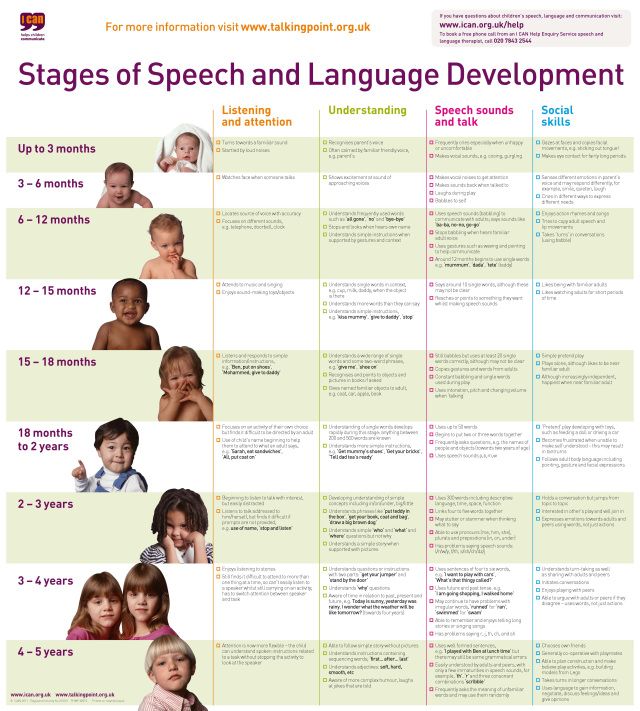 nine0003
nine0003
Don't be silent
It is a well-known fact that children (especially not yet speaking children) reflect and relay parental behavior in almost all aspects of their lives - from mood and behavior to the manner of sitting at the table. Speech is no exception. Therefore, motor skills are motor skills, but first of all, look at yourself: do you yourself talk enough with the child? If you only give commands - let's go for a walk, eat, put away toys - this will not work. The advice is simple and obvious.
Try to talk to your child about everything. If he does not answer you in your language, this does not mean that he does not answer you at all or does not understand you
Tell him about what you are doing right now, about what you will do on a walk, discuss how day passed. Speak the words that he drew attention to, beat them. Show him how to pronounce the difficult word. All this is not just sentimental trifles and not only about establishing contact and connection - this is also about speech.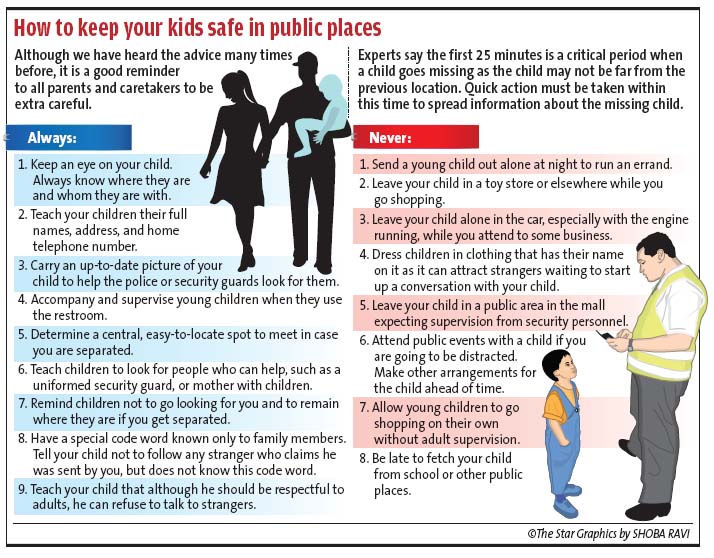 At some point, he will want to repeat one word after you, then another, a third, and then another, and another, and another, and you will no longer be able to stop him. nine0003
At some point, he will want to repeat one word after you, then another, a third, and then another, and another, and another, and you will no longer be able to stop him. nine0003
In his language
The Soviet psychologist Lev Vygotsky called the transition from a languageless to a linguistic period of development a period of autonomous speech (“Issues of Child Psychology”). This is a language created by the child himself on the basis of an adult language, but not repeating it and living according to its own laws. At the same time, the child perfectly understands adult speech, that is, the language spoken by the society around him. But the meanings of his words do not coincide with the meaning of our words. It is generally difficult to call these lexemes words in the usual sense - they are more like fragments of words, often denoting entire categories (for example, the word "tank", meaning "dog" in a child's speech, can simultaneously be a wolf, a fox, that is, all animals that look like to a dog, or it can “spread” to a squirrel, because it is as red as a fox, to the owner of a particular dog, and so on). nine0003
nine0003
It is important to understand that such speech is a necessary and important period during which the child learns the language as a tool and system, and to help him as much as possible in this
Linguist Stella Zeitlin draws attention to the fact that at this stage parents should not neglect the so-called babysitter language. All kinds of "b-b-machine" and "bow-wow dog" have the most important function: the child understands that he is understood. At the same time, there is no reliable information about the cause-and-effect relationships between the speech that parents used in communicating with their young children during this period and the time the child's speech appeared. But there is reliable evidence that those children with whom they talked more spoke themselves earlier and had a larger vocabulary. nine0003
Generation problem
If you're still worried about your friend's daughter talking before your son, and you've been playing roles for a year, then here's another fact for you: you're not alone.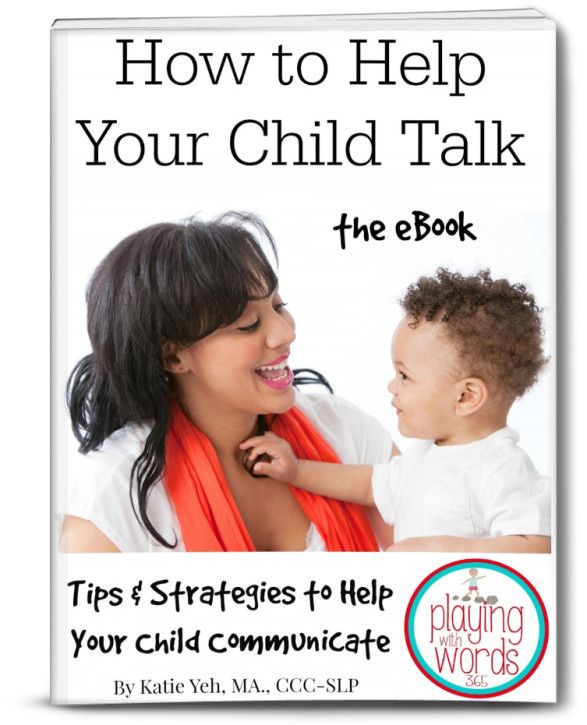 In the last 10-15 years, pediatricians, psychologists and linguists have noted a trend towards a later appearance of speech in children - after two years. While this situation has not been studied enough to accurately name the reasons for the widespread "delay", but some experts make assumptions. The point, in their opinion, may be that parents, trying to keep up with their friends, colleagues and the world of social networks, began to communicate less with children. nine0003
In the last 10-15 years, pediatricians, psychologists and linguists have noted a trend towards a later appearance of speech in children - after two years. While this situation has not been studied enough to accurately name the reasons for the widespread "delay", but some experts make assumptions. The point, in their opinion, may be that parents, trying to keep up with their friends, colleagues and the world of social networks, began to communicate less with children. nine0003
Why it is not necessary to try to put as much knowledge into the child as possible at an early age
The second reason is called, on the contrary, endless motherly chatter. “The child does not even need to say anything, he is already understood and all his desires are foreseen,” they say and quote an anecdote about that boy who was fine with everything until the age of five.
It is in order to preserve the golden mean that speech therapists advise not to insist and not to speak everything for the child, but to encourage him to speak
Do not ask for a specific word directly, but ask a leading question. For example, instead of “say the ball,” ask the child “what did you play with dad today for a walk? what do I have in my hands?" or just "what is it?" Instead of "tell Masha" - "what is the name of your little sister?". Even if the answers do not follow, the child, one way or another, will think about them and answer you internally. And if he answers in his own language - do not get annoyed and do not despair, it is better to praise and pronounce it in your own way.
For example, instead of “say the ball,” ask the child “what did you play with dad today for a walk? what do I have in my hands?" or just "what is it?" Instead of "tell Masha" - "what is the name of your little sister?". Even if the answers do not follow, the child, one way or another, will think about them and answer you internally. And if he answers in his own language - do not get annoyed and do not despair, it is better to praise and pronounce it in your own way.
Do not be afraid of doctors
All of the above does not mean at all that you need to avoid doctors and force your child to pick beans all day long. In fact, the most important commandment of a modern mother is if you feel that something is wrong and you don’t know what, contact a specialist. But mom's feelings are understandable here. There are many specialists, they all sing in a different way, one neurologist requires 15 words from a one-year-old child, and the second does not consider silence even at two years old to be a critical story. And in general, they are all strangers, it’s easier to ask a friend or get into the Internet, although they scare there, but somehow more detached. nine0003
And in general, they are all strangers, it’s easier to ask a friend or get into the Internet, although they scare there, but somehow more detached. nine0003
Neurologists, of course, do not aim to scare parents. They seek to identify developmental disorders (if any) at an early stage
Attention. If the doctor (neurologist, psychologist, speech therapist) considered that this is still your diagnosis, then do not hesitate to ask him why he made such an assumption - only by the number of words or are there any other signs of a lag, and is there an acute the need for stimulation. And then be sure to tell the child about your future plans, he will definitely answer you. nine0003
As a bonus, we have collected advice from neurologists, speech therapists and psychologists on what not to do if you think that the child’s speech is late:
- Don’t make your child watch cartoons. No matter how "developing" and thoughtful they may be, they carry a completely different goal.
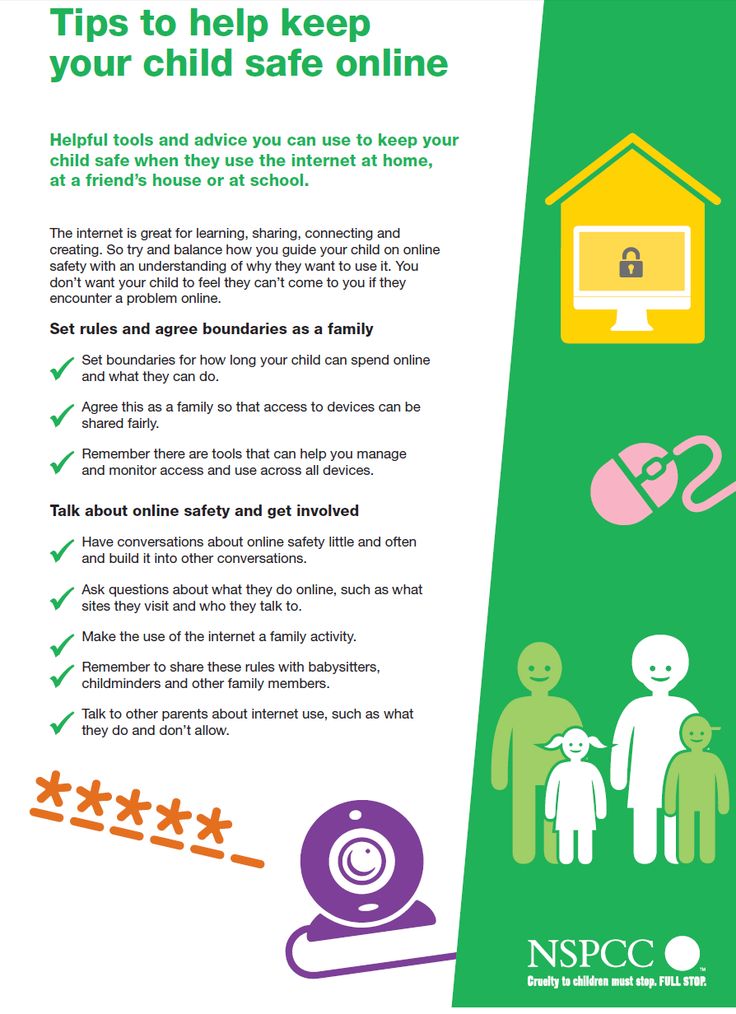 For a small child, cartoons are first of all an image and only then dialogues and morality. And he has a lot of images and stories around him.
For a small child, cartoons are first of all an image and only then dialogues and morality. And he has a lot of images and stories around him. - Do not distort your speech. nine0018 “The car goes “bee-bee”” and “bibika whack-whack” are two completely different sentences. In the first one, it is clear that the car is driving and making this sound, but “beeping” is completely unnecessary. If the child comes up with this word himself, leave it to him. But you are a standard for him, you speak qualitatively.
- Do not bribe. "Say "mom" - I'll give you a candy" - don't do it like that. Speech is not needed to get sweets, and sweets are not given out for fulfilling conditions.
- Do not blackmail. nine0018 The same, but in reverse. Do not deprive your child of gingerbread because he does not speak.
- Do not insist or force. He can completely shut himself up in protest.
- Don't get hung up.
Cover image: iStockphoto / dimafoto
How to teach your child to speak: methods, games and exercises
The formation of a child's speech occurs long before he begins to speak on his own. From a very early age, the baby perceives the speech of adults, imitates it, and subsequently relies on the acquired experience. Speech development is not a process that can be left to chance - and in this article you will find out why. nine0003
From a very early age, the baby perceives the speech of adults, imitates it, and subsequently relies on the acquired experience. Speech development is not a process that can be left to chance - and in this article you will find out why. nine0003
Article content:
- Stages of speech development
- 10 ways to teach your child to talk at home
- Exercises and games for the development of speech
- General tips
- When you need expert help
- Conclusion
Stages of speech development
The formation of speech occurs gradually, starting from birth. Knowing the approximate stages of speech development at each age, it is much easier to determine the presence of signs of a lag. nine0003
- 0 to 6 months. The baby actively listens to the speech of adults, tries to reproduce the sounds that he still perceives as a melody. He already distinguishes the voices of people who are talking to him.
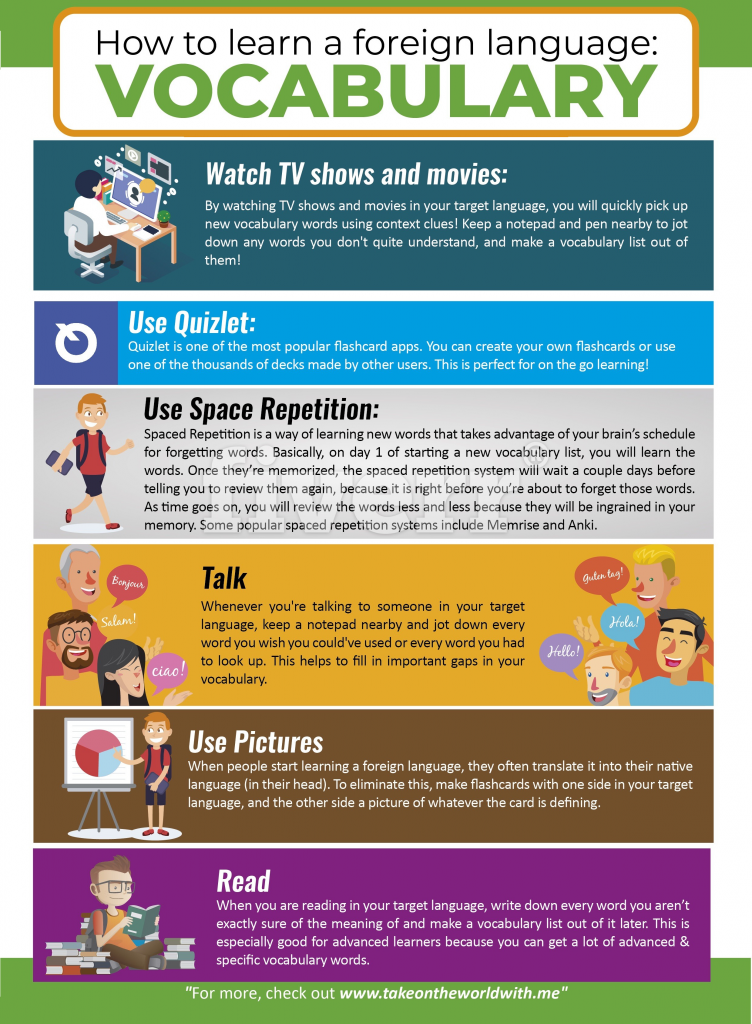 First, the baby masters vowel sounds, and already closer to the age of one and a half months, the consonant sounds “g”, “k”, “x” appear, thanks to which the child begins to “walk”.
First, the baby masters vowel sounds, and already closer to the age of one and a half months, the consonant sounds “g”, “k”, “x” appear, thanks to which the child begins to “walk”. - 6 to 12 months. At this age, the child often imitates the sounds of adult speech. Pronounces separate syllables, for example "ma-ma", "babbles". By the end of the first year of life, the first words and sentences appear. Vocabulary ranges from 2-3 to 20 words, most of which are nouns. nine0085
- 1 year. In a year, speech becomes active and becomes a means of interaction with adults. Together with the ability to move independently, the child accumulates knowledge about the world around him and replenishes his vocabulary, which at this age is 300-400 words. Pronunciation adapts to itself, skipping or replacing complex combinations of sounds.
- 2 years. By the age of two, phrasal speech is formed. At this time, the child is able to formulate a sentence of 2-3 words. Gradually, grammatical categories are mastered, such as number, gender, case.
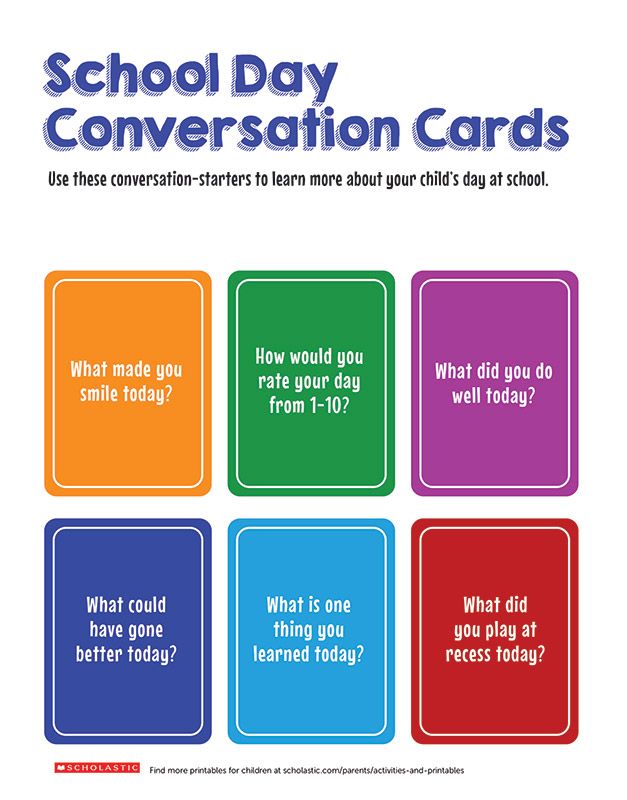 The vocabulary reaches up to 700 units. nine0085
The vocabulary reaches up to 700 units. nine0085 - 3 years. Children of this age actively communicate with adults and peers, but still with the help of simple sentences. A three-year-old child masters the basic laws of the language and, on their basis, invents his own words. This process is called "word-creation" and signals the normal development of the child's speech. Vocabulary - up to 1000 words.
- 4 years. In the fifth year of life, the child "hones" the acquired skills, replenishes the active and passive vocabulary, which is approximately 2000 words. As they grow older, the child begins to pronounce all the sounds of his native language clearly and clearly. nine0085
- By the age of 5, it is considered normal if the child has mastered all aspects of the language and is fluent in speech. If not, this is a reason to immediately contact a specialist.
10 ways to teach your child to talk at home
- The most effective and basic way is to talk to your child - as often and as much as possible.
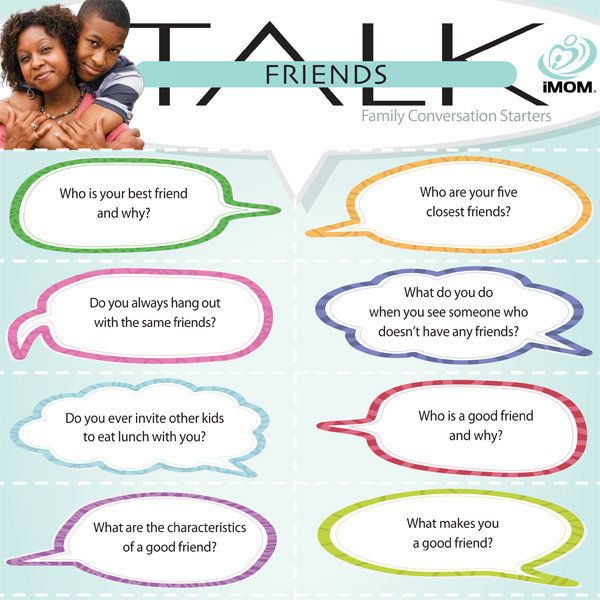 Pediatricians recommend communicating with the child even before he is born. The speech of an adult should be expressive, as babies perceive it on an emotional level. It is possible to teach a child to speak at 1 year old by abandoning sign language and completely switching to verbal communication. Use short and clear sentences, do not distort words. Speak in such a way that the child can observe the movements of the lips and try to independently apply them to his speech. nine0085
Pediatricians recommend communicating with the child even before he is born. The speech of an adult should be expressive, as babies perceive it on an emotional level. It is possible to teach a child to speak at 1 year old by abandoning sign language and completely switching to verbal communication. Use short and clear sentences, do not distort words. Speak in such a way that the child can observe the movements of the lips and try to independently apply them to his speech. nine0085 - Develop fine motor skills. Stimulation of nerve endings on the fingers has a positive effect on the development of speech. Any exercises that involve the motor skills of small muscles are suitable for this method: sorting through cereals, playing with massage balls, stringing beads on a string. (You can link to an article about developing fine motor skills by writing, for example, "Learn more here.") Fine motor skills classes will help to teach a two-year-old child to speak as early as possible. nine0085
- Expand vocabulary.
 At home, on the street, in a store, in nature, show and call the child the names of the surrounding objects. To his questions in an accessible language, explain the meaning of certain objects, trying not to overload the child's brain with complex terms. This is a natural and inexpensive way to quickly teach your child to speak at 2 years old.
At home, on the street, in a store, in nature, show and call the child the names of the surrounding objects. To his questions in an accessible language, explain the meaning of certain objects, trying not to overload the child's brain with complex terms. This is a natural and inexpensive way to quickly teach your child to speak at 2 years old. - Read books. Children love to look at bright, colorful pictures. Read a book to your child, while pointing at the characters, for example, a bun, a fox, a hare. Simultaneous visual and auditory perception will help you remember words faster and learn how to pronounce them. Set aside time for this activity each day to develop this healthy habit in your child. nine0085
- Sing songs. As much as books, children love songs. Sing along with your child his favorite songs, learn new songs that he will like. In addition to stimulating the speech apparatus, you will provide both yourself and your baby with a good mood.
- Not understanding sign language.
 If your child often uses gestures, replacing words with them, you need to stimulate him to the opposite. Once again, when the baby points his finger at something, pretend that you do not understand him. Try to start a dialogue by asking leading questions, but do not bring the child to hysteria if he is not yet ready for this way of communication. nine0085
If your child often uses gestures, replacing words with them, you need to stimulate him to the opposite. Once again, when the baby points his finger at something, pretend that you do not understand him. Try to start a dialogue by asking leading questions, but do not bring the child to hysteria if he is not yet ready for this way of communication. nine0085 - Take by cunning. When reading a well-known book, intentionally replace words, for example: "I'll sit on a stump, eat a pot (instead of" a pie ")". This technique will inspire your child to listen carefully to the speech, so that next time they can tell you how to do it right. The method is perfect for teaching a child to speak at 3 years old, since by this age children are actively interested in literary works.
- Repeat one after another. As a game, repeat the syllables that he says after the baby, and then offer your own version. The child will be happy to join this activity and will try to give out even more new syllables.
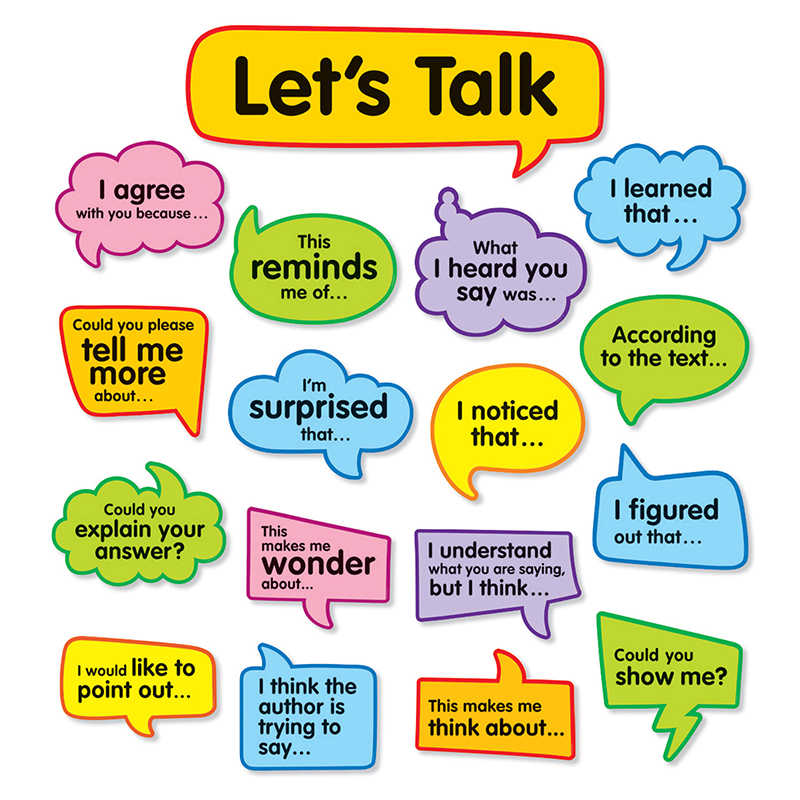 nine0085
nine0085 - Remove distractions. An incessantly running TV or computer with cartoons will drown out any of your attempts to enter into a dialogue. The child needs to hear the lively, clean, correct speech of an adult. To teach a child to speak at 4 years old, you should adhere to the time limits for watching cartoons.
- Show attention. Drop everything when the child comes up to you to tell you something interesting. Listen carefully, ask questions, be surprised and show your interest in every possible way. This will stimulate the desire to share with you everything that comes to mind and that you want to tell. Mutual dialogue is possible and necessary even with a small child, because it will help you quickly learn to talk. nine0085
Exercises and games for the development of speech
Finger games
Favorite activity for all kids. Aimed at the development of fine motor skills and, as a result, the formation of speech. Learn small rhymes with your child, for example, "Magpie Crow. " Connect finger movements that your baby will be happy to repeat. Such games improve fine motor skills and help to teach the child to speak correctly.
" Connect finger movements that your baby will be happy to repeat. Such games improve fine motor skills and help to teach the child to speak correctly.
Articulation exercises
The small muscles of the mouth in childhood need to be trained, as they may not be sufficiently developed. To strengthen them, daily articulation exercises are required. Sit with your child at the mirror to control the correct execution of the exercises. Follow the movements of the lips and tongue, showing the child an example for his independent work.
Exercises for the development of speech breathing
It is important to teach a child to breathe correctly, starting from the moment of his speech development. The air released by us during the pronunciation of speech is the source of sound. Many simple and easily accessible exercises are aimed at developing breathing, for example: blow on a dandelion, inflate a balloon, blow soap bubbles. nine0003
Music games
You can teach your child to speak with the help of music games. When children sing, the assimilation of sounds, syllables and, ultimately, words is easier for them. Musical games can be organized in several variations: with musical instruments (spoons, drum), songs with onomatopoeia of animals, songs with the simultaneous execution of simple movements.
When children sing, the assimilation of sounds, syllables and, ultimately, words is easier for them. Musical games can be organized in several variations: with musical instruments (spoons, drum), songs with onomatopoeia of animals, songs with the simultaneous execution of simple movements.
Didactic games
There are a huge number of games and methods using didactic material. And almost all of them can be applied to the development of speech. The game "Magic Bag" is great for developing speech skills. Rules of the game: in the bag there are objects of various shapes and sizes. The child is invited to feel to choose an object and describe it. Pronunciation of the signs of an object reinforces speech, and also helps in the formation of initial mathematical concepts. nine0003
General advice
In the development of a child's speech, it is important to be guided by the general principle "Do no harm". It must be remembered that each child develops according to his own individual model and it does not always adapt to the described stages of development.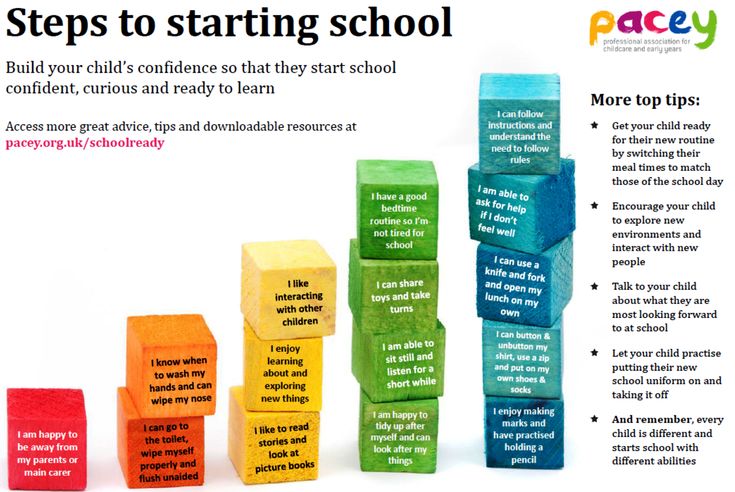 We recommend adhering to principles that apply in general to the entire process of raising and developing children.
We recommend adhering to principles that apply in general to the entire process of raising and developing children.
- The principle of the game form. For a child of preschool age, the leading activity is the game. The more interesting the lesson is built, the more involved the child will be in it. Don't force me to play. Get interested instead. nine0085
- The principle of mutual dialogue. Talking to children is not a waste of time, as it might seem at first glance. Bring the child to a dialogue, keep up a conversation with him, tell and listen carefully. Communication is the most effective way to teach a child to speak early.
- The principle of problem acceptance. It is difficult to admit to oneself that the child has any problems. However, the sooner you start working on the bugs, the faster you will get the result. Do not be afraid to turn to professionals if you see that independent work does not bear fruit. nine0085
- The principle of accepting individuality.
 Your child is already a separate person, even if he is just starting to stand on his feet. You should not compare him with peers who are already telling poems with might and main. Instead of criticizing, praise every achievement of your child and then he will definitely speak.
Your child is already a separate person, even if he is just starting to stand on his feet. You should not compare him with peers who are already telling poems with might and main. Instead of criticizing, praise every achievement of your child and then he will definitely speak.
When the help of specialists is needed
When a problem is discovered and the right ways to solve it will help prevent further lagging behind the child. It is necessary to be patient, aim for a positive result and give your child a chance to painlessly enter the social world and learn to exist in it. nine0003
Reasons to start working on the development of speech together with a speech therapist, neurologist and other specialists:
- after 8 months the baby does not respond to calls to him;
- nasal voice appears;
- there is not enough air to complete the phrase;
- during a conversation there is increased salivation;
- at 2 years old the child speaks only in syllables;
- at 3 years the child still tends to speak only in simple words; nine0085
- at the age of 4, the sense of syllable was not developed and the words were distorted.
